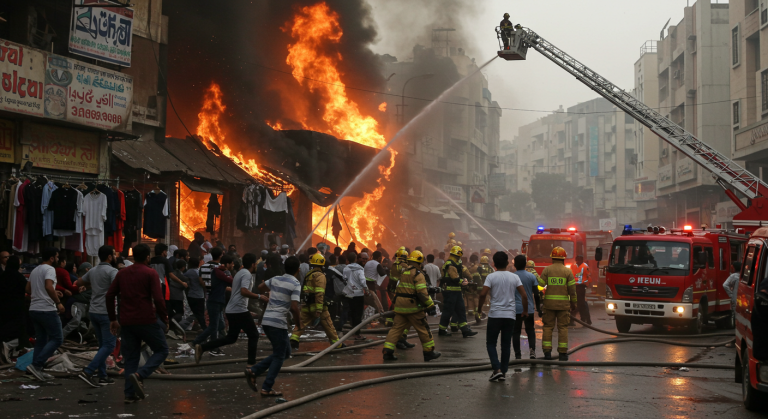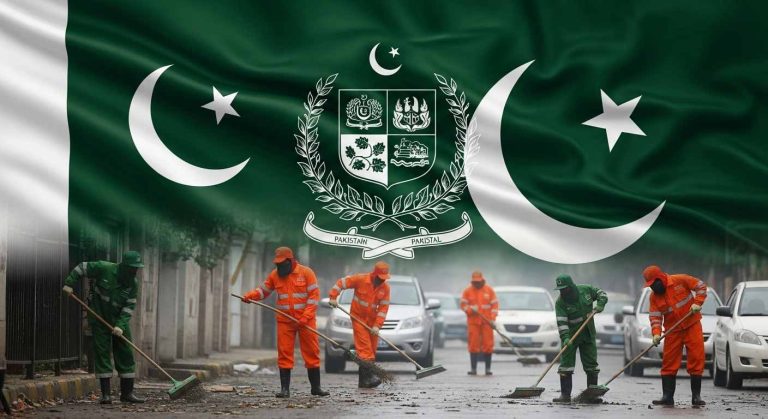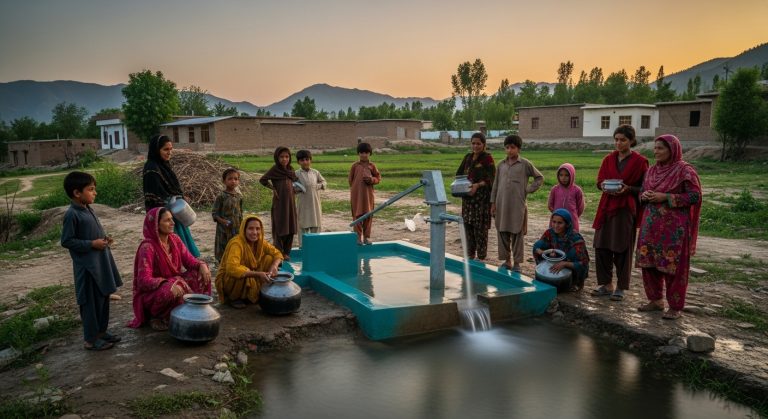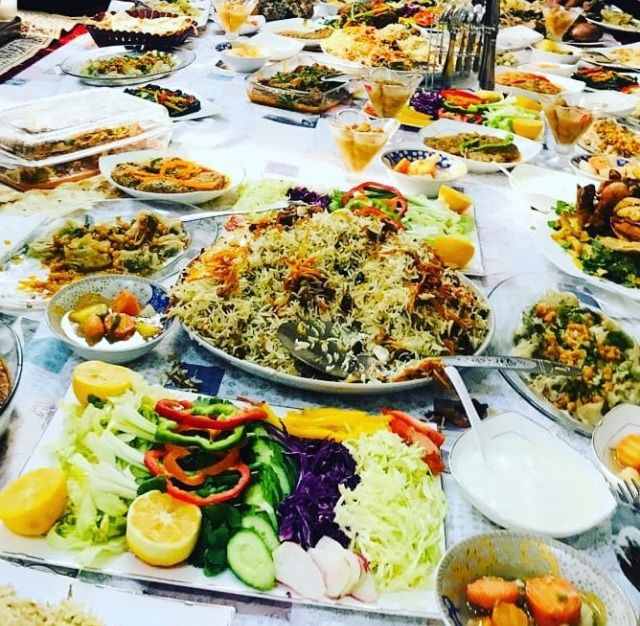Intensifying Fuel Shortage Grips Balochistan Amid Iran-Israel Tensions
QUETTA: The intensifying conflict between Iran and Israel is now having a direct effect on Pakistan’s Balochistan province, where a worsening fuel crisis is severely affecting both daily life and economic activity.
Local sources report that the fuel distribution network has collapsed in several key regions, including Quetta, Turbat, Gwadar, Panjgur, and Chagai. Petrol pumps are shutting down, fuel deliveries have stopped, and communities are increasingly facing difficulties in transportation and daily routines.
In Quetta alone, more than 70% of filling stations have closed. Long lines of vehicles are seen at the few that remain open, and concerns are rising that all stations could run out of stock within a day.
Border Seals Cut-Off Fuel Access
The worsening situation comes after the Balochistan government ordered the indefinite closure of all border crossings with Iran, citing security risks from the escalating Middle East conflict. These closures have halted the entry of Iranian petroleum products — which had long served as the region’s primary fuel source.
Key border crossings such as Mashkel in Chagai and Gabad-Kalatuk in Gwadar have been closed indefinitely. Officials in Panjgur have also stopped pedestrian and fuel trade across the Iranian border, describing the move as a necessary response to growing instability.
Fuel Crackdowns and Disputed Narratives
This crisis follows weeks of official crackdowns on unauthorized petrol stations, especially those selling smuggled Iranian fuel. In Quetta and parts of Chagai, smaller fueling outlets had already been closed down, cutting off a major fuel source for remote areas.
Despite widespread complaints, the Balochistan government has denied the existence of a province-wide emergency. Government spokesperson Shahid Rind said that claims of shortages were being spread by illegal traders looking to restore the smuggling routes.
Rind also noted that safety concerns played a role in the crackdown, citing over two dozen fuel-related accidents in Quetta over the past month. He warned that licensed fuel stations would continue to receive legal supplies, while hoarders and those refusing service would face strict penalties.
Ground Reality Paints a Dire Picture
However, independent reports suggest a stark contrast to official claims. In districts across the province, residents are struggling to access fuel, with pumps running dry and transportation becoming increasingly difficult.
The impact of the Iran-Israel conflict is now visibly felt in Balochistan — not just in terms of border security but also in economic stagnation and public anxiety. Roads are empty, markets are quieter, and fears of a deeper crisis are spreading.
Local authorities have advised the public to limit non-essential travel and comply with safety directives. Officials confirmed that cross-border restrictions would remain in place until regional tensions subside.
Federal Government’s Position
At the national level, Petroleum Minister Ali Pervaiz Malik dismissed speculation about a country-wide fuel crisis. He assured that the overall fuel supply in Pakistan remains stable. However, for residents of Balochistan, the situation on the ground tells a very different story — one shaped by geopolitical instability and immediate local challenges.



